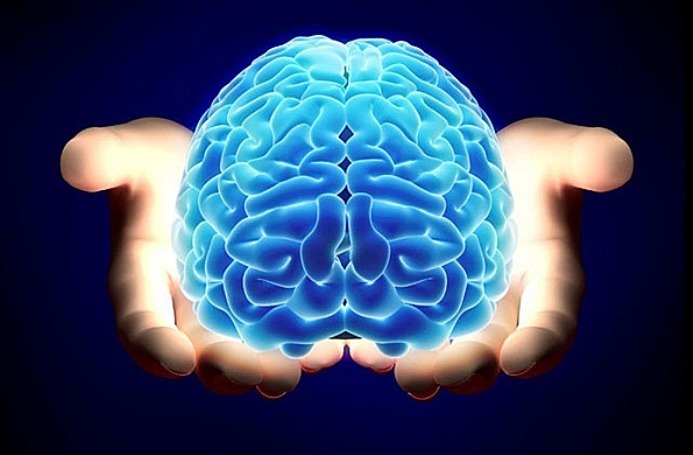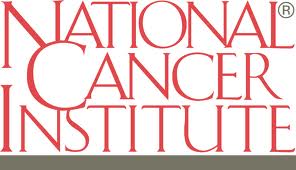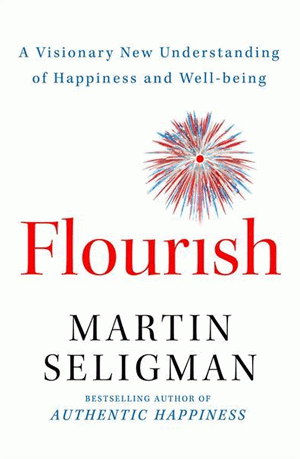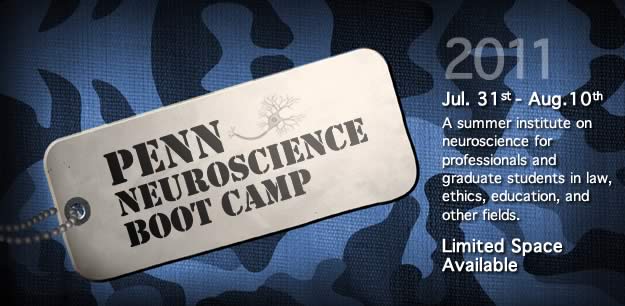Posts Tagged ‘University-of-Pennsylvania’
Under what conditions does brain training work?
Please consider joining us at SharpBrains’ upcoming virtual conference (November 17–19th), featuring this fantastic session: Wednesday November 18th, 12.30 — 1.45 pm. Under what conditions does brain training work? Despite ongoing controversies, the evidence is clear: Some brain training interventions work, and some don’t. What explains the difference? What conditions maximize the probability of transfer into…
Read MoreCan brain training reduce cancer risk?
Penn Researchers Receive Major Grant to Explore Use of Brain Training To Help People Change Behaviors that Increase Cancer Risk (press release): “Most people know that smoking, a bad diet, and physical inactivity can lead to catastrophic personal health consequences, including cancer. Yet millions continue to smoke, eat poorly, and fail to get enough exercise. A…
Read MoreA Course Correction for Positive Psychology: A Review of Martin Seligman’s Latest Book
(Editor’s Note: we are pleased to bring you this article thanks to our collaboration with Greater Good Science Center). A Course Correction for Positive Psychology A review of Martin Seligman’s latest book, Flourish: A Visionary New Understanding of Happiness and Well-Being. — By Jill Suttie As president of the American Psychological Association in 1998, Martin Seligman challenged…
Read MoreNeuroscience Boot Camp: For Anybody who Needs to Understand, Predict or Influence Human Behavior
I am writing to share some information about our third annual “Neuroscience Boot Camp,” which I think the readers of the SharpBrains blog will find interesting. The University of Pennsylvania announces their 3rd annual Neuroscience Boot Camp, July 31-August 10, 2011! Why Neuroscience Boot Camp? Neuroscience is increasingly relevant to a number of professions and academic disciplines beyond its…
Read More



